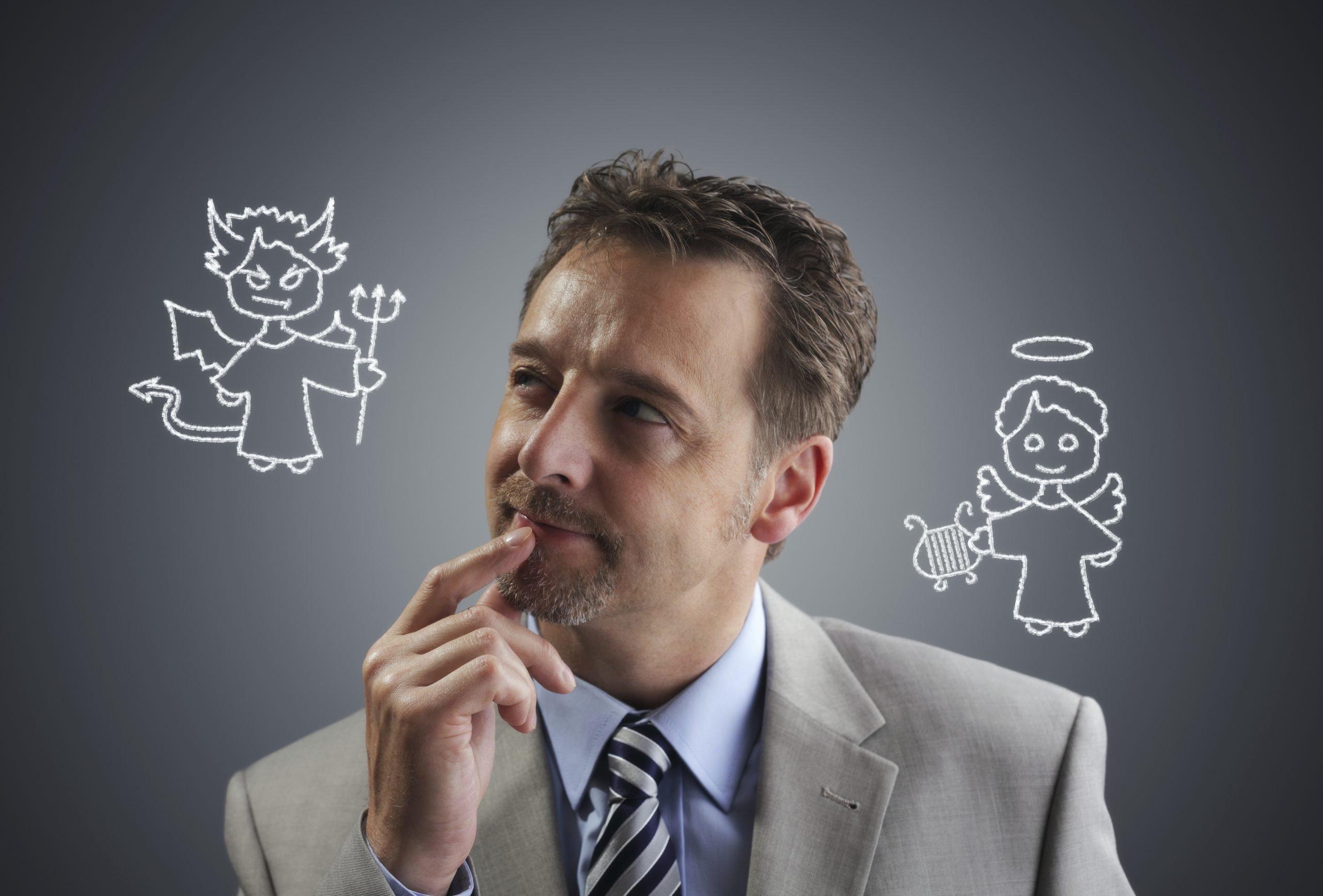
A not-so funny thing happened to the Internet over Labor Day weekend. It was nearly trampled to death in a digital stampede for nude celebrity photos including pictures of Jennifer Lawrence, Ariana Grande, Mary Elizabeth Winstead, Kate Upton, Rihanna and others. More than 100 celebrities “made” the list.
How did the pictures wind up online? The best guess so far is that this was a very target attack on celebrity accounts and not the result of a systemic problem, but just who was behind the crime is still unknown. The pictures were reportedly floating around on the “deep web” for a week before they hit the information highway.
Tuesday brought better news: The FBI began investigating how the pictures found their way to the public. Unfortunately, in the meantime millions of people are investigating how to view the purloined pictures. Some venues that featured the material have since taken it down — notably Perez Hilton’s eponymous site, which also issued an apology — but not, as some commentators noted, before a bunch of dough was made on page views.
What Lowering Your Guard Could Get You
You can probably spot a phishing email in your sleep, and you would no sooner respond to an email about suspicious activity on your credit card than you would leave your wallet in a crosswalk in Times Square.
However, best practices often fly out the window when it comes to salacious material about our favorite celebrities. Think about it this way: Are you willing to forego sensible web behavior when the likely outcome will be catastrophic, as you wander into the darker alleys and backstreets of the Internet where the risks outweigh all other considerations?
If you’re even tempted to conduct your own search to locate the nude celebrity photos, here are a few reasons to not give in to your curiosity.
1. Malware
One of the main consequences you can expect if you decide to do the requisite slumming to find those nude celebrity photos is, of course, malware. It may be something simple, like code that turns your computer into a spam distribution center or a more serious app that will record your keystrokes, like when you log in to your bank account. There’s no way to know what you’re getting yourself into. The best course of action is using your imagination—or possibly even your sense of what should be off-limits. Malware can often lead to identity theft, which can wreck your credit for years.
If you’ve already downloaded some of the photos, you may want to do a malware scan of your computer. Identity theft has become the third certainty in life, so make it a habit of monitoring your financial accounts regularly for signs of fraud. And keep an eye on your credit scores as well. A large, unexpected drop in your scores could signal identity theft, and you should pull your credit reports (you can get them for free once a year) to confirm. You can check your credit scores for free every month on Credit.com.
2. Privacy… and Respect
That’s right, privacy—or in this instance the lack of it. The onus of protecting oneself from the dangers “out there” should fall on each and every one of us, but the fact remains not everyone knows best practices (not even celebrities), and even those who do are capable of making a mistake at some point. It should be a little less about survival of the fittest, and more about the general expectation of privacy. When that expectation is flouted, we are faced with a decision: Will you be a part of the problem or the solution?
As Mary Elizabeth Winstead said on Twitter:
To those of you looking at photos I took with my husband years ago in the privacy of our home, hope you feel great about yourselves.
— Mary E. Winstead (@M_E_Winstead) August 31, 2014
3. Supporting a Criminal Act
If you are not particularly worried about being high-minded here, there is another consideration, which is, by looking at the pictures, you are giving criminals a purpose for their act (at least with a degree or so of separation) and causing someone distress. Is it really worth it? Without the millions of potential clicks, there is much less motivation for hackers to access these photos.
4. A Tainted Web History
Another consideration is your web browsing history. Here I am not only referring to the one that someone else can see if they look at your computer-specific history, but the one that advertisers use to target you. Do you really want the kinds of products that choose “nude celebrity photos” as a search term?
5. You Have Better Things to Do
Finally, yes, there are so many better ways to spend your time online. The photos in question were never meant for your eyes. Isn’t that reason enough to avoid them?










